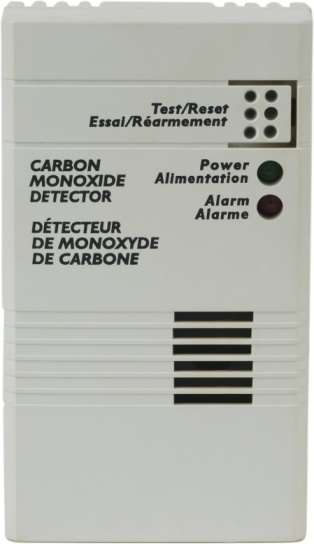Farm equipment requires proper ventilation
By Diego Flammini
Assistant Editor, North American Content
Farms.com
According to a Purdue University professor of agricultural and biological engineering, farmers could be at a higher risk of illness from carbon monoxide during the winter months.
Bill Field says machinery, especially tractors without proper ventilation, could lead to carbon monoxide poisoning.
“Knowing the signs and symptoms of carbon monoxide poisoning is one way to protect yourself and your family or employees,” Field said in a Purdue release. “Many types of farm vehicles and equipment are fueled by gas or oil and in the winter, some strategies used to keep warm can lead to unsafe levels of exposure.”
Field said many farmers warm up their tractors in shops or garages but keep the doors closed, preventing the harmful fumes from escaping.

“Some older vehicles can leak exhaust backward into the passenger cab and gas- or oil-fueled equipment, such as high pressure washers and heaters used in livestock buildings, can also pose a risk if used without sufficient ventilation,” the release says.
Field suggested only using gas-powered equipment in well ventilated areas, inspecting exhaust systems regularly, and due to carbon monoxide’s silent threat, installing detectors in workshops or garages.
“Carbon monoxide is an odorless, colorless gas produced as a byproduct of burning carbon-containing fuels, such as propane, natural gas, wood or kerosene,” the release says. “When humans breathe in carbon monoxide, it interferes with the body’s ability to absorb oxygen, leading to symptoms that can quickly change from uncomfortable to deadly.”
Symptoms of carbon monoxide poisoning can include headache, nausea, vomiting, dizziness, and loss of muscle control.
Field said if a farmer thinks they’re experiencing carbon monoxide poisoning, to leave the area and call 911.